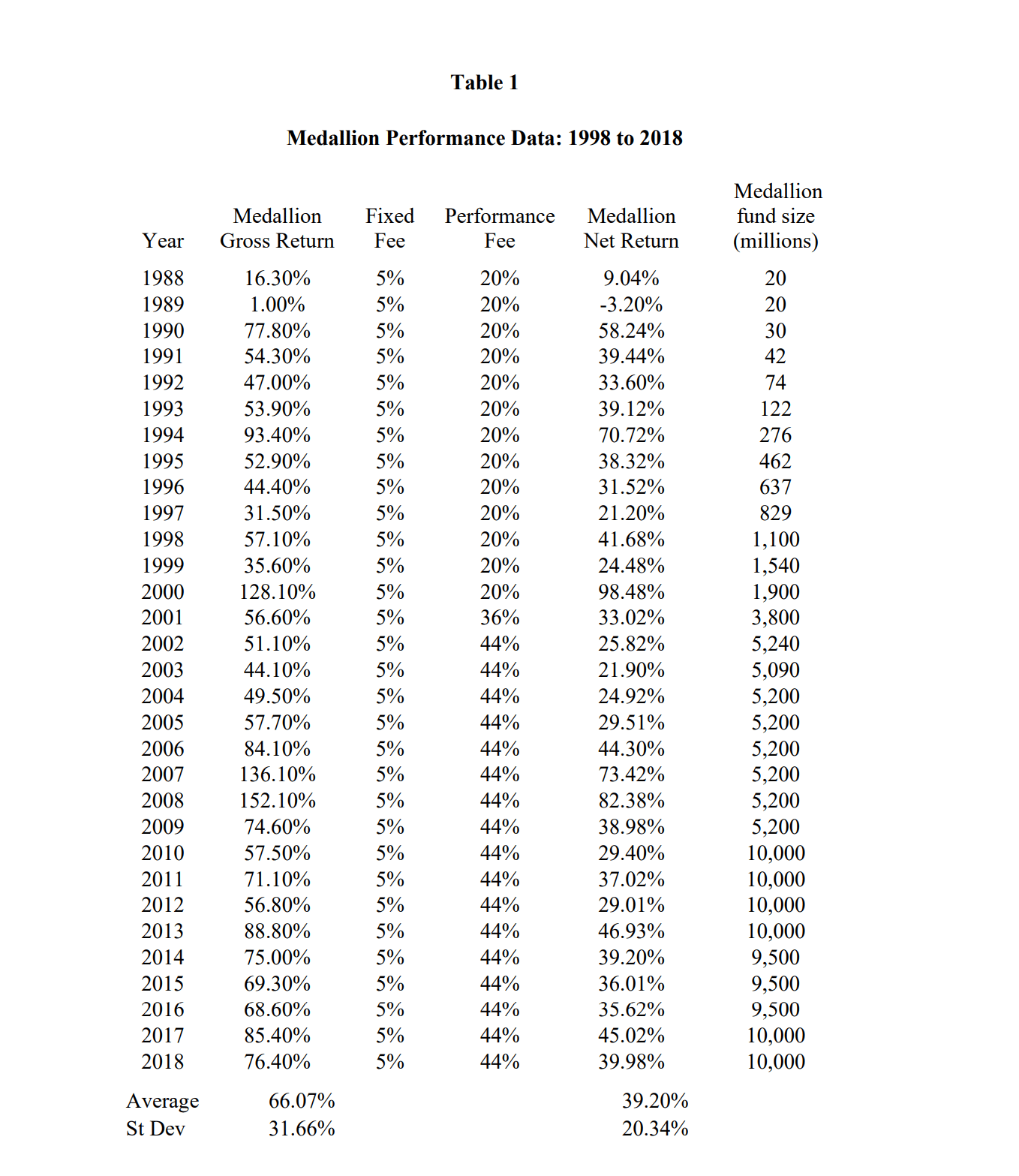Jim Simons, a mathematician who founded the most successful quantitative hedge fund of all time, passed away on Friday in New York City, his foundation announced on its website.
Pioneering
mathematical models and algorithms to make investment decisions, Simons left behind a track record at Renaissance Technologies that bested legends such as Warren Buffett and George Soros. Its flagship Medallion Fund enjoyed annual returns of 66% during a period starting in 2018, according to Gregory Zuckerman’s book “
The Man Who Solved the Market.”
During the Vietnam War, he worked as codebreaker for a U.S. intelligence unit that monitored the Soviet Union and successfully cracked a Russian code.
Simons received a bachelor’s degree in mathematics from MIT in 1958, and he earned his PhD in mathematics from University of California, Berkeley at the age of only 23. The quant guru founded what became Renaissance in 1978 at the age of 40 after he quit academia and decided to give a shot at trading.
Unlike most investors who studied fundamentals to evaluate a company’s worth, Simons relied completely on an automated trading system to take advantage of market inefficiencies and trading patterns.
“I have no opinion on any stocks... The computer has its opinions and we slavishly follow them,” Simons said in a CNBC interview in 2016.
His Medallion Fund earned more than $100 billion in trading profits between 1988 and 2018, with an annualized return of 39% after fees. The fund was closed to new money in 1993 and Simons only allowed his employees to invest in it starting 2005.
Quantitative strategies that depend on trend-following models have gained popularity on Wall Street since Simons revolutionized trading. Quant funds now account for more than 20% of all equity assets, according to an estimate from J.P. Morgan.
Simons’ net worth was estimated to be $31.4 billion when he died, according to Forbes.
The quant guru previously chaired the math department at Stony Brook University in New York and his mathematical breakthroughs are instrumental to fields such as string theory, topology and condensed matter physics, his foundation said.
Simons and his wife established the Simons Foundation in 1994 and have given away billions of dollars to philanthropic causes, including those supporting math and science research.
He was active in the work of the foundation until the end of his life. Simons is survived by his wife, three children, five grandchildren and a great-grandchild.

